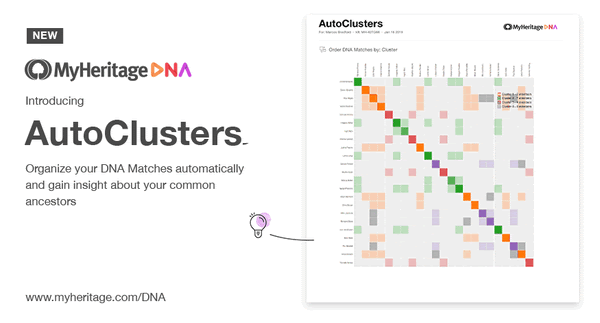« FamilySearch International, a leader in historical records preservation, has launched its new web-based indexing tool. Indexing is a technology used to make the world’s historical records freely searchable online for family history research. The new program makes it easier for online volunteers to participate using web-enabled computers, laptops, or tablets, and enables FamilySearch to expedite its online publishing of completed indexes.
New features enable volunteers to work on tablets, modify the layout of their dashboard based on personal preferences, set and track individual goals, and create groups with friends or others interested in working on a common project.
Global nonprofit FamilySearch digitally preserves billions of historical records online to help individuals with their family history research. It has published billions of images of historic records from all over the world online. Researchers can find the record images in FamilySearch’s Catalog or Historic Records Collections online. But searching through billions of images online in search of one’s elusive ancestors is not fun for the average person. They want to type in an ancestor’s name and known context, press Enter, and voilà, see highly matched results from their search query.
« That requires an index, » said Jim Ericson, marketing manager for FamilySearch Indexing. « Until the records are indexed online, they can only be discovered by browsing through often enormous collections of digital images. With a digital index, researchers can locate records in seconds by using a person’s name and other helpful information as search terms. A searchable index saves researchers time and effort by returning search results from the entire collection in a matter of seconds. »
Ericson says the new web-based indexing platform will enable more volunteers to participate worldwide and increase the rate at which FamilySearch can make indexed records accessible online. « It is a straight-forward experience that no longer requires people to download software, » said Ericson.

Using the new tool enables volunteer indexers to help make it possible for millions of people to have personal family history discoveries quickly with just a few keystrokes. Indexing also fuels hints, a new feature on FamilySearch.org that makes finding records even easier by mapping indexed records against a person’s family tree and sharing high probability ancestral matches with them.
The web-based indexing program also has new built-in helps, plus a lab section that allows you to test upcoming product features and enhancements for the new program.
For first-time volunteers, simple training provides step-by-step instructions. To participate, go to FamilySearch.org/indexing, and click the link to web indexing. »
(FamilySearch)





.jpg)






Vous devez être connecté pour poster un commentaire.